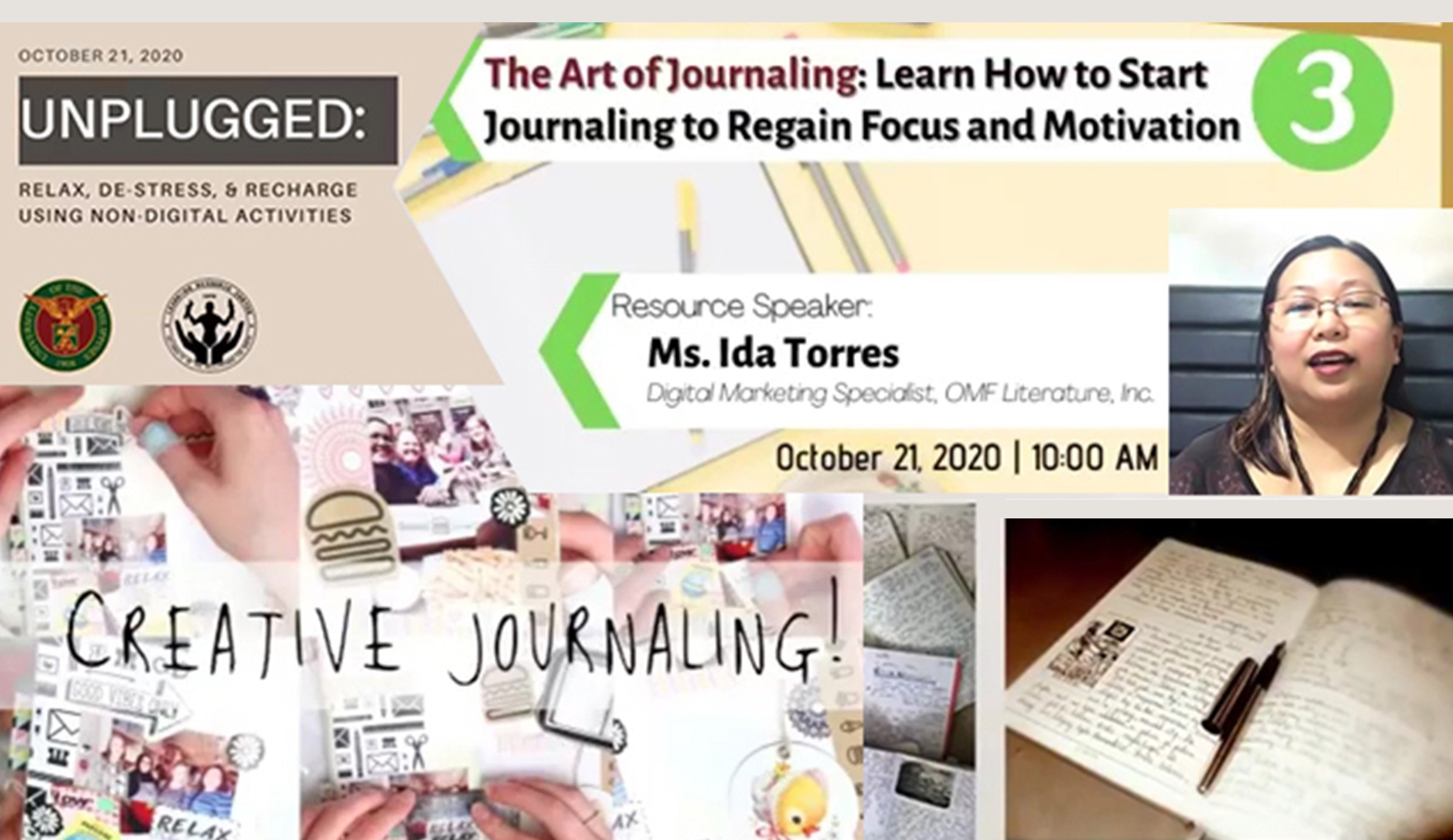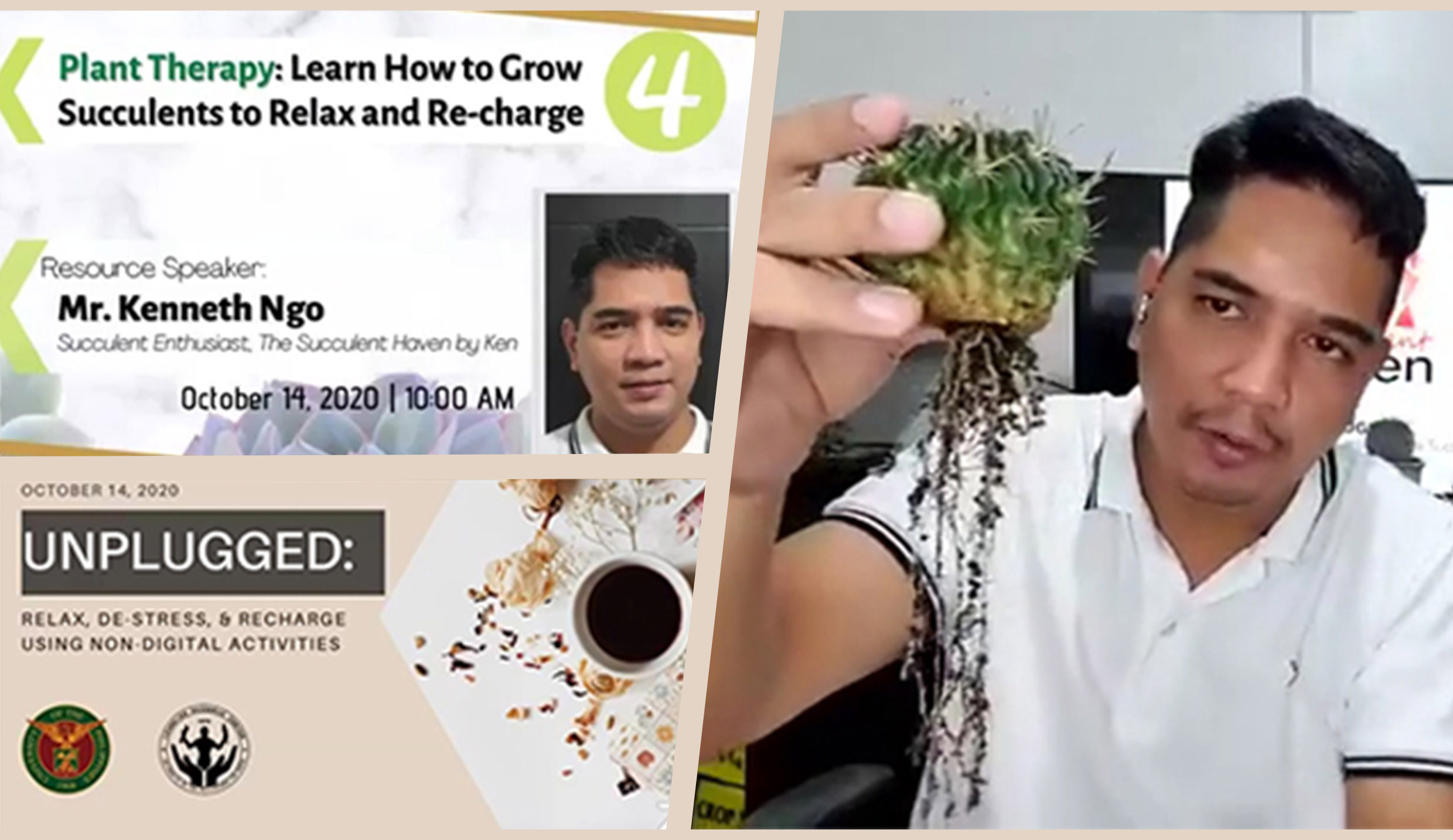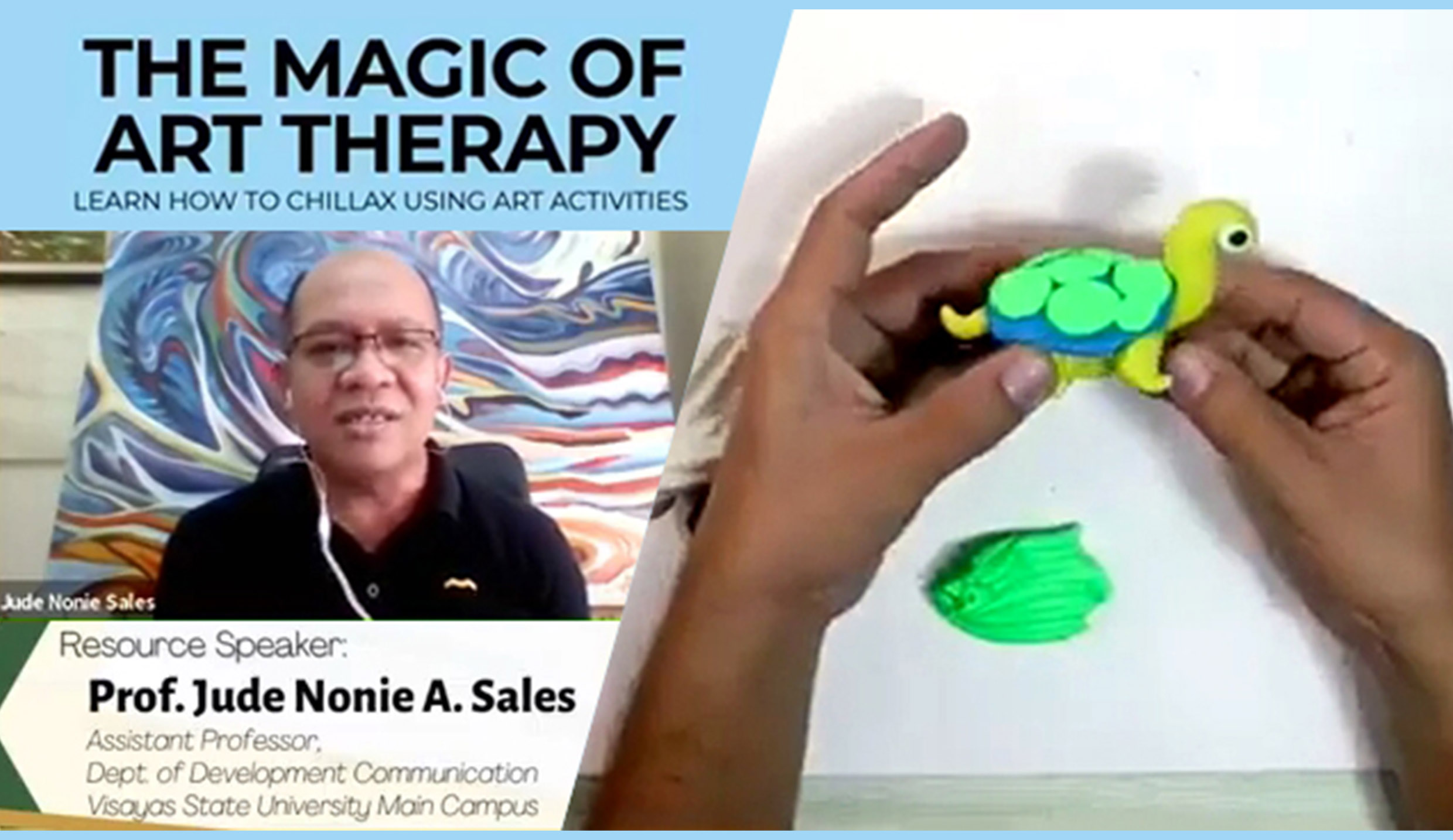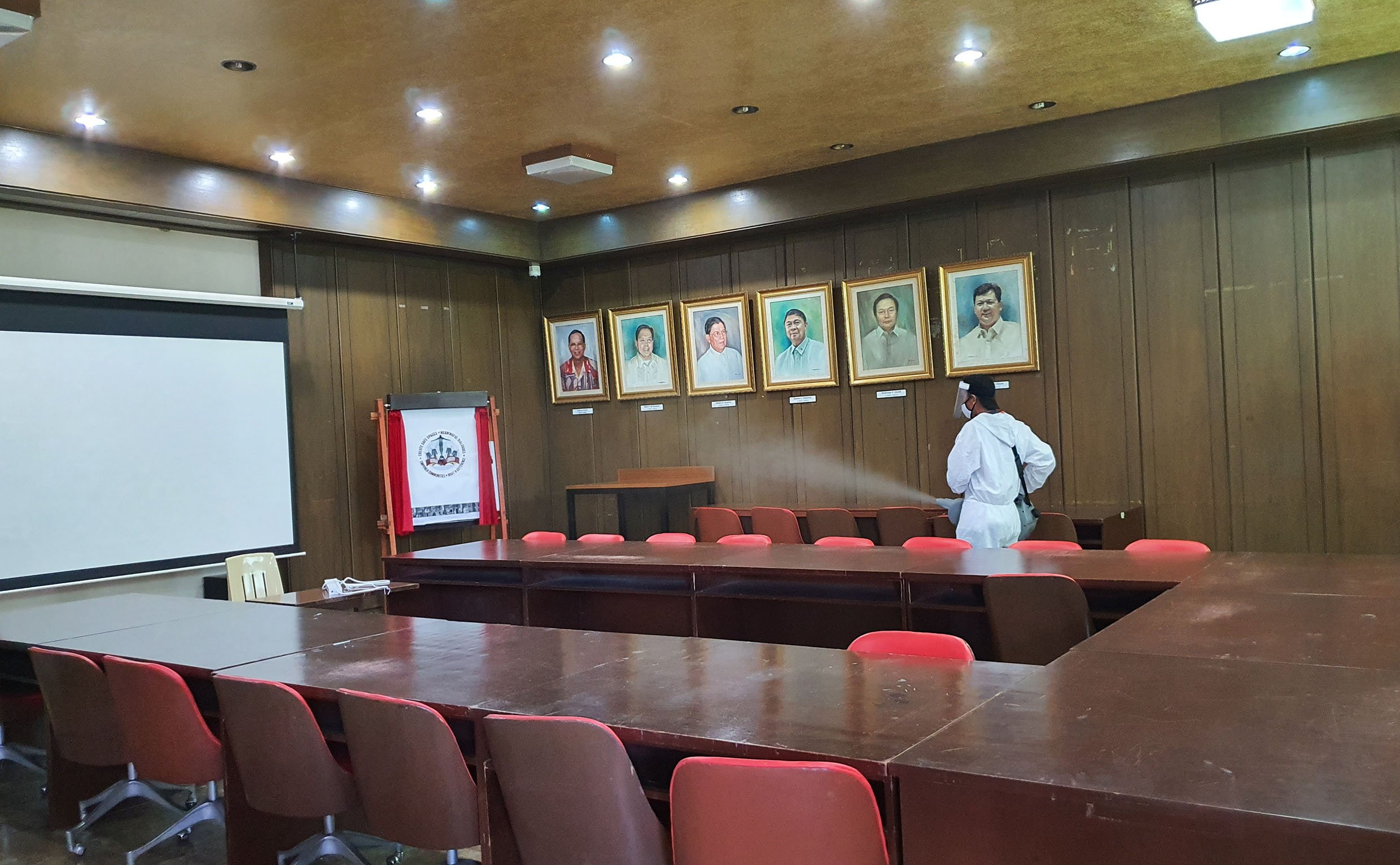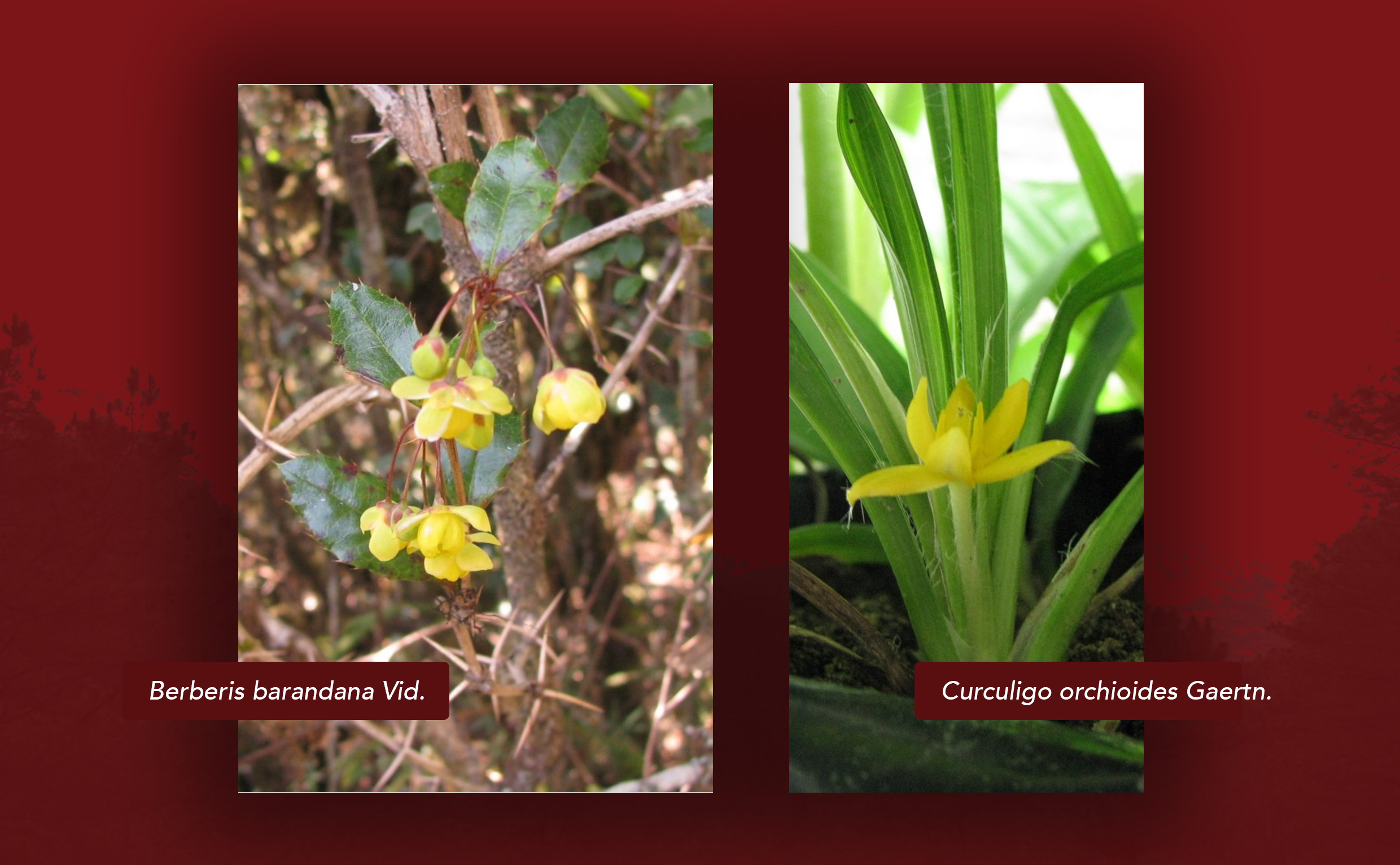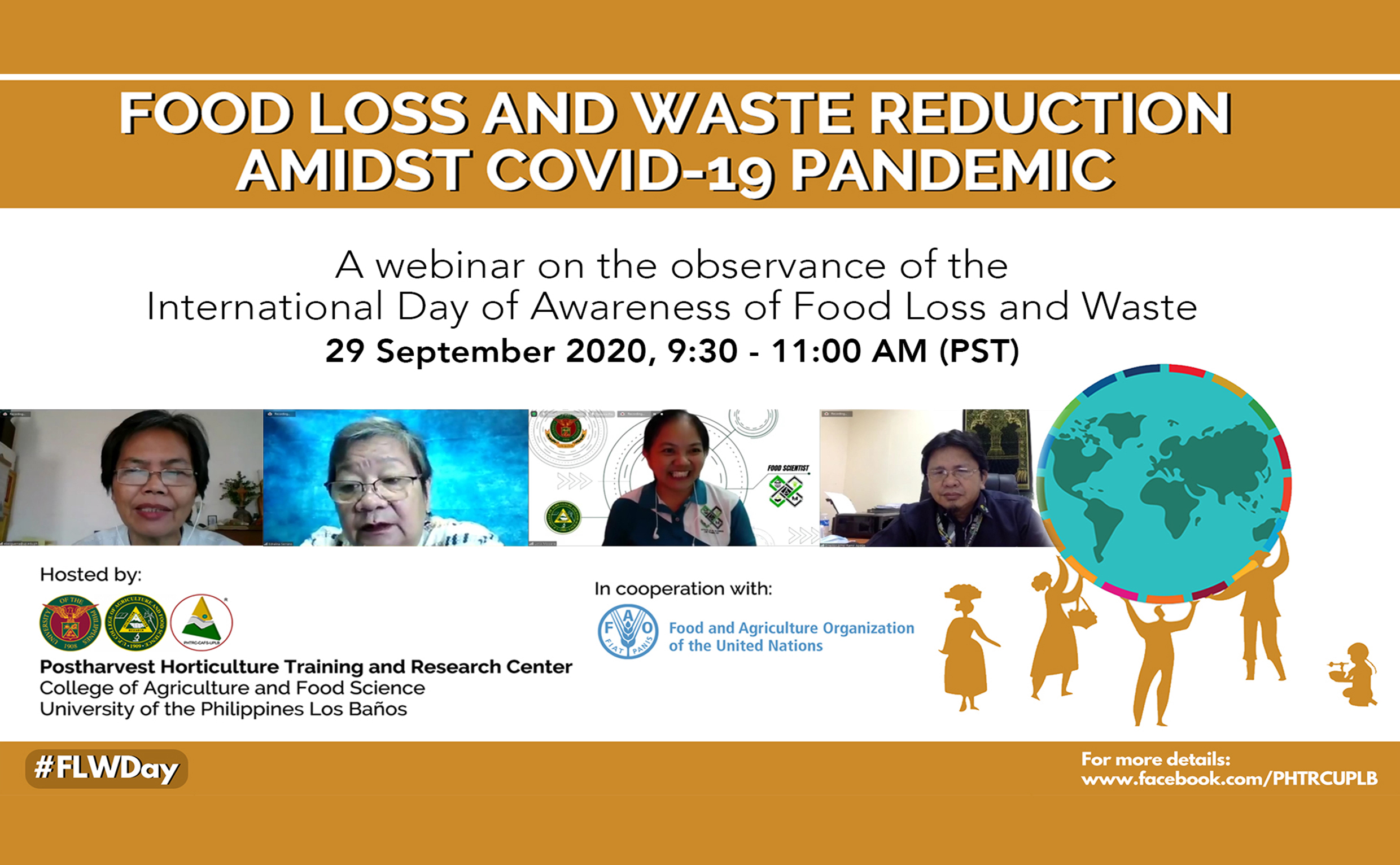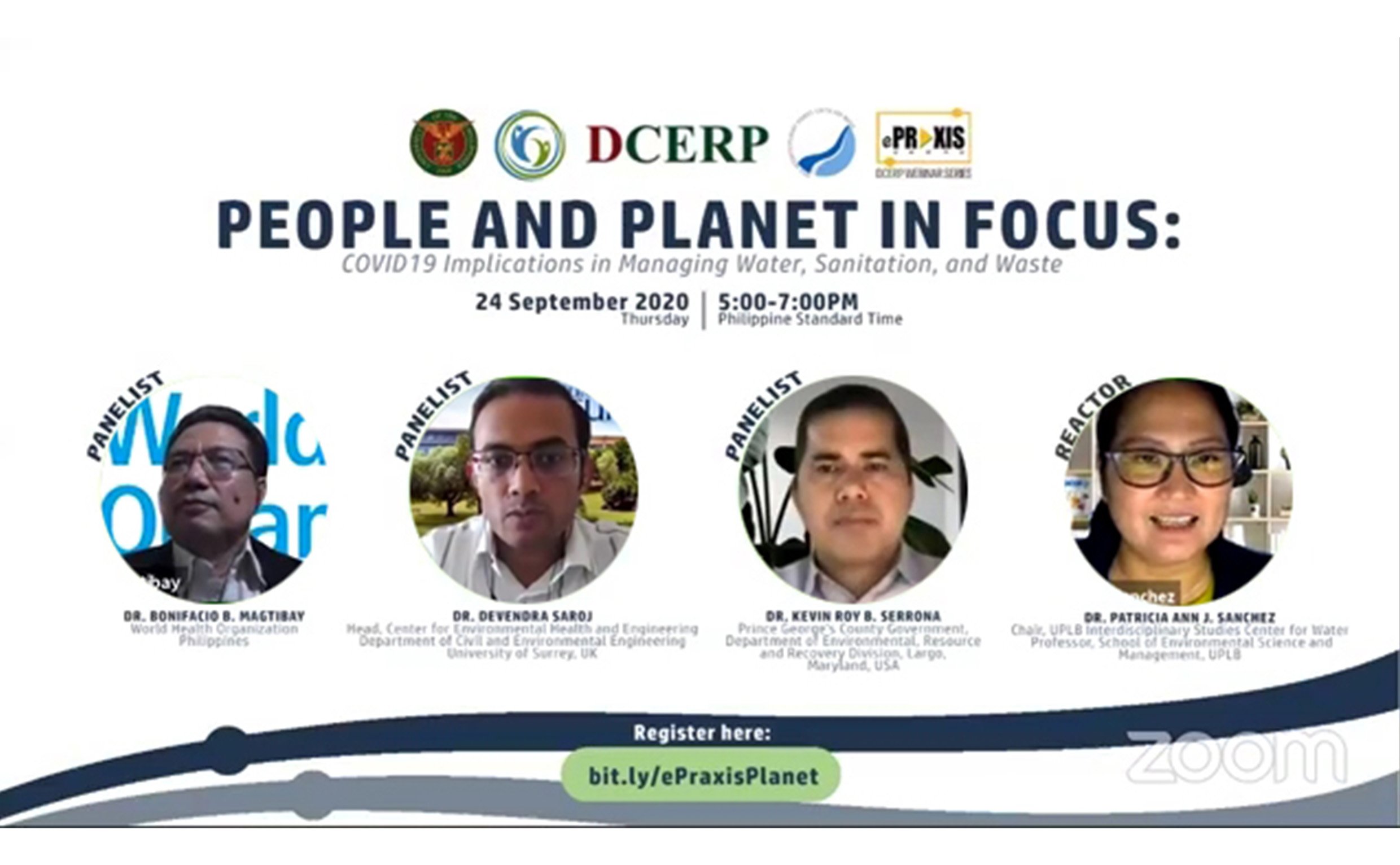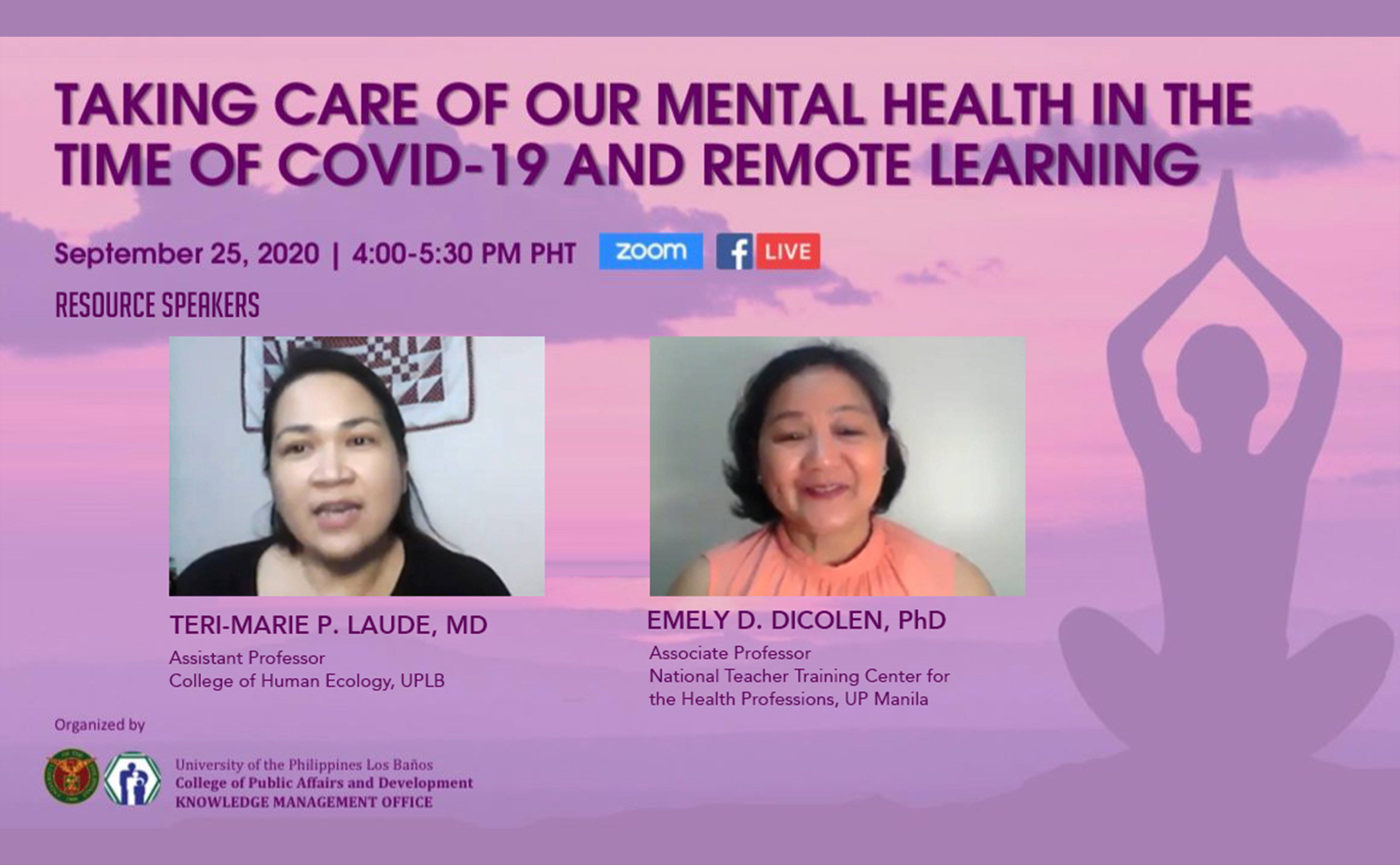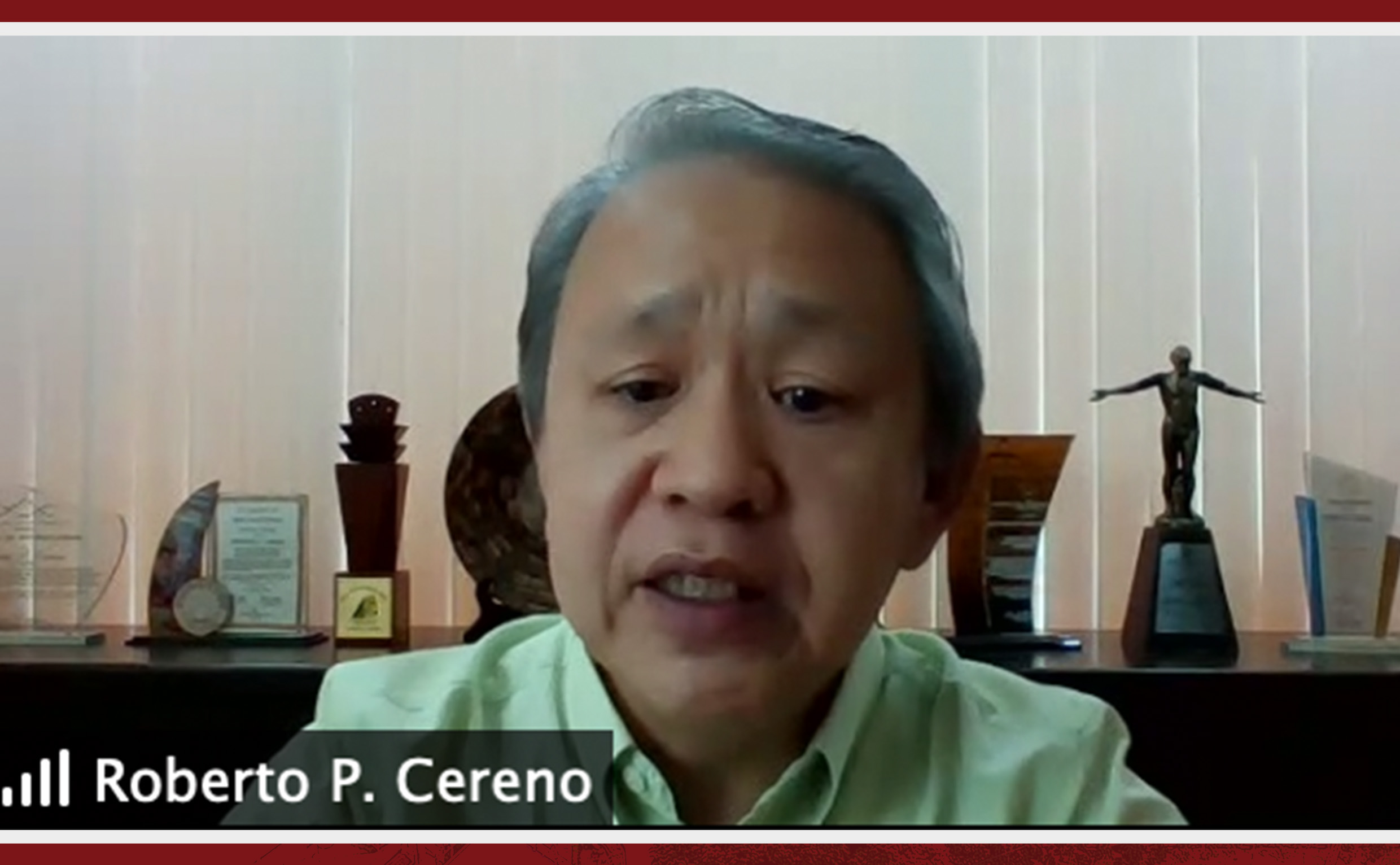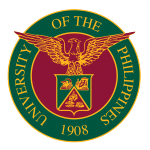With a global pandemic forcing people to adjust to a new normal, some might be getting overwhelmed by thoughts and feelings that may be hard to process.
To help cope with the immensity of stress and anxiety, the Learning Resource Center (LRC’s)’s latest session of the “Unplugged” webinar series invited the UPLB community to learn about starting a personal journal.
Ida Torres, a digital marketing specialist at OMF Literature and a journal writer herself, led the webinar entitled, “The art of journaling: learn how to start journaling to regain focus and motivation” on Oct. 21 that was livestreamed on Facebook and YouTube.

